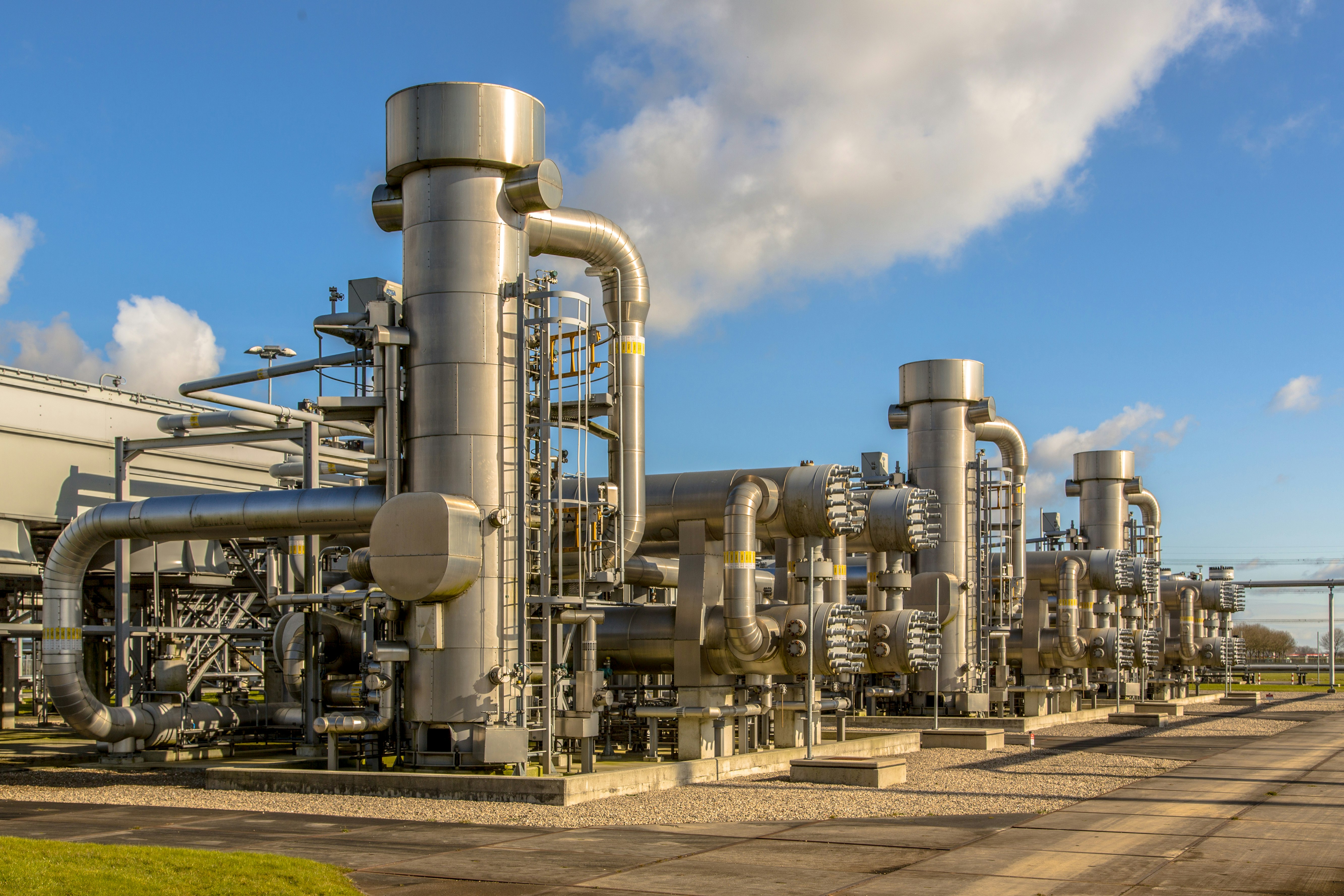EU Commission still sees important role for gas, but supply security concerns loom

A letter written yesterday by the new President of the European Commission has reaffirmed the importance the Commission accords to natural gas infrastructure in the context of decarbonisation. The letter will provide a mission statement to the incoming Commissioner for Energy, Kadri Simson.
Among other recommendations, the document highlighted the importance of carbon capture and storage in reducing emissions from the gas industry, as well as urging that full use is made of “affordable LNG” supplies.
However, yesterday also brought the announcement that the phase out date for the Netherlands’ Groningen gas field will be moved forward from 2030 to 2022.
At its peak in 2013, Groningen accounted for 54 bcm of Europe’s gas production, more than a fifth of the total figure. The accelerated end date will reignite long-running concerns about Europe’s future security of supply.
Want more articles like this? Sign up to the KNect365 Energy newsletter>>
It has also raised questions about the role of the Dutch Title Transfer Facility, Europe’s largest natural gas hub.
TTF recorded a 0.91 Euro increase on the front-month contract yesterday after reaching ten-year lows earlier this month. The price hike was also supported by safety concerns about components used in France’s nuclear fleet.
Speaking at the LNG Shipping conference in London today, Barbara Jinks, Director of Government Relations at the European lobby group Gas Infrastructure Europe, commended the European Commission’s recognition of the long-term role of gas – particularly LNG, hydrogen and biomethane.
The policy debate around decarbonisation “is an absolute battleground”, she told the conference, “[but] there is a lot of support in the Commission for LNG.” The decline of Europe’s domestic production base will make LNG a more important supply source if it is to avoid growing reliance on Russian pipeline gas.
The Commission will look at “changes to the legislation that might facilitate the use of more LNG across the EU 28,” Jinks told the conference, emphasising that the priorities will be “open access and an absolute connected network” across the European member states.
Nonetheless, the Commission is under pressure from some NGOs to place the sources of the continent’s LNG supplies under closer scrutiny, Jinks said.
It is generally assumed that the US will meet a significant share of incremental European LNG demand, but there are growing concerns about upstream methane emissions from US shale gas production.
Whether or not preferential selection of LNG supply sources makes environmental sense in the context of a globalised and increasingly liquid LNG market remains to be seen, however.
There is also some talk in European policy circles about the use of bioLNG and synthetic LNG instead of liquefied gas of fossil origin. But “at the moment the economics just do not stack up, and the demand is not there,” Jinks told the LNG Shipping conference.